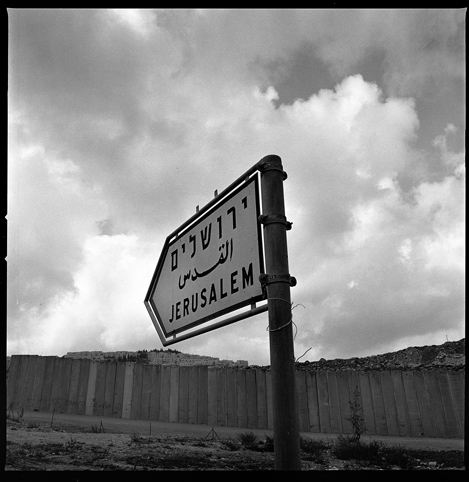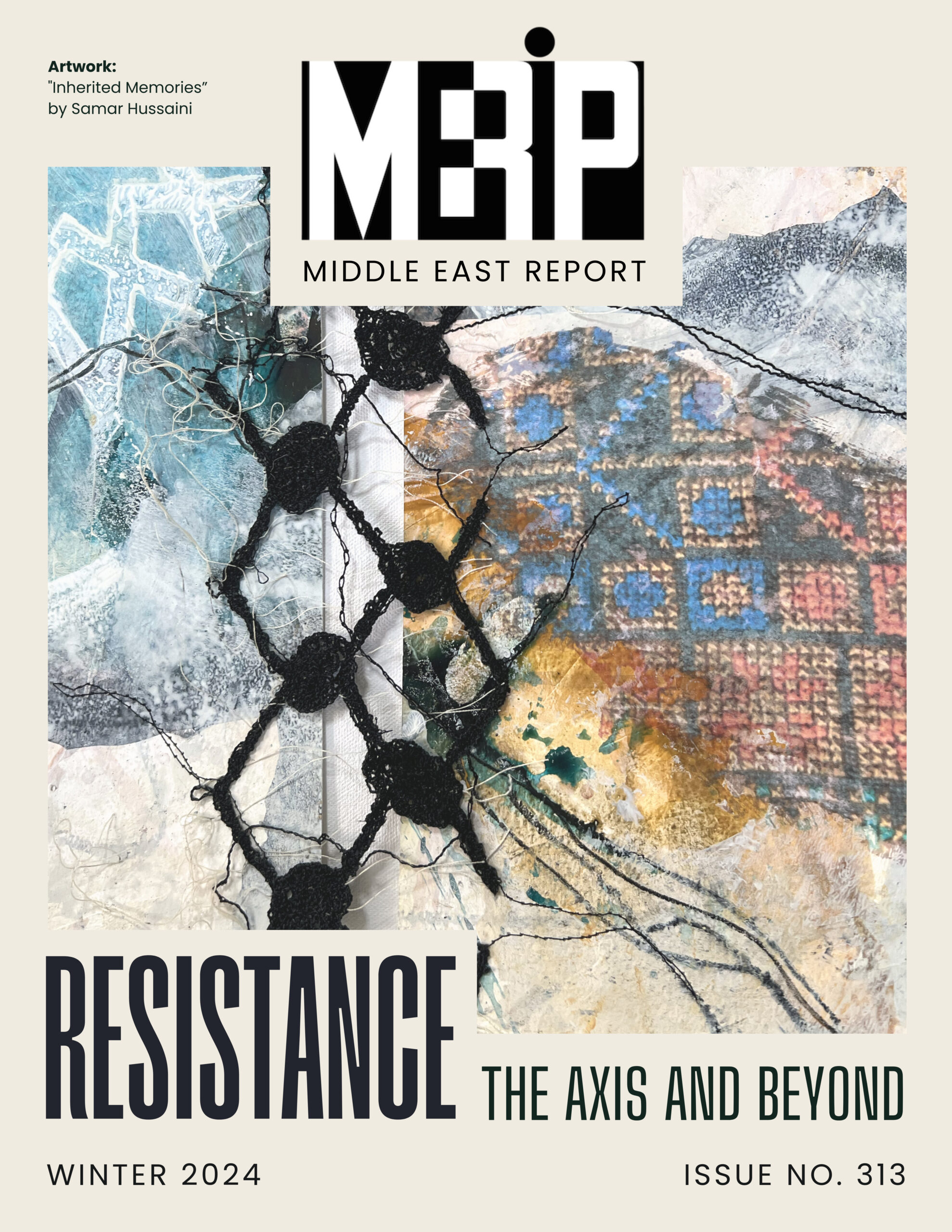IN THIS ISSUE:
Editor’s Picks (Winter 2016)
Abou-Hodeib, Toufoul. A Taste for Home: The Modern Middle Class in Ottoman Beirut (Stanford, CA: Stanford University Press, 2017). Contosta, David R. America’s Needless Wars: Cautionary Tales of US Involvement in the Philippines, Vietnam and Iraq (Amherst, NY:...
BDS in a Time of Precarity
The University of Toronto is not known as a particularly progressive institution. Like many universities, it has adopted neoliberal thinking and practice, becoming part of Academia, Inc. But two seemingly unrelated events during the 2014-2015 academic year showcased the increasing political activity of the school’s graduate student body.
Oman’s Consultative Council Elections
The scant international coverage of Oman’s 2015 Consultative Council elections is not surprising. An absolute monarchy widely perceived as a bastion of political stability, Oman rarely features in world news. The sultanate’s strong ties with both Iran and the Arab Gulf monarchies allow it to play an important role in regional diplomacy, but the representatives of Sultan Qaboos bin Sa‘id al-Sa‘id fulfill this role discreetly. When the wave of Arab uprisings in 2011 reached the sultanate’s shores, Omanis were as surprised as the international community. Protests in the cities of Muscat, Salala and Suhar lasted from January 17 to May 14 of that year, with demonstrators voicing demands for political, economic and social reform.
Imperiled Academics in Turkey
Dilsa Deniz, an anthropologist of the Alevi-Kurdish religion, was fired from her position as an assistant professor at Nişantaşı University in Istanbul after she signed the Academics for Peace petition issued in Turkey on January 10, 2016. More than 1,000 scholars signed the petition to protest the Turkish government’s disengagement from the peace process with the Kurdish opposition and the killing of civilians in several Kurdish towns. Jeannie Sowers, a political science professor at New Hampshire, spoke with Deniz in December 2016 about her activism, the situation of scholars in Turkey and the Turkish state’s renewed attacks on Kurdish culture, language and political participation.
CURRENT ANALYSIS
Youth in Turkey’s 2015 Elections
On June 7, Turkish citizens went to the polls to elect the 550 members of the Grand National Assembly. Although the ruling Justice and Development Party (AKP) won 41 percent of the vote, it lost its majority in the parliament for the first time since 2002. It was a major blow for the party’s founder, President Recep Tayyip Erdoğan, whose plan to become a more powerful executive with fewer checks and balances seems to have been vetoed by the electorate.
The Multiple Wars in Yemen
With UN-sponsored peace talks in Geneva involving the usual suspects and only a few new faces, it is time to raise the question of Yemen’s future as a state.
The talks involve exiled President ‘Abd Rabbu Mansour Hadi, the Houthi movement Ansar Allah and minor figures from the long-time ruling General People’s Congress (GPC, now split into factions tied to Hadi and former President ‘Ali ‘Abdallah Salih), the leading Sunni-identified Islamist party Islah and its ally in Hadi’s government-in-exile, the Yemeni Socialist Party.
Yemen Talks in Geneva
On June 8, Yemen’s (self-)exiled president, ‘Abd Rabbu Mansour Hadi, conveyed his ideas about UN-sponsored talks in Geneva, due to start on June 15, and downplayed their scope. The conversations are to take place mainly between politicians handpicked by him and his Saudi hosts, on the one hand, and Ansar Allah (or the Houthi movement) and members of the formerly ruling General Party Congress (GPC) who do not support Hadi, on the other. These two sides roughly correspond to the alliances that have been fighting in Yemen since March.
LATEST ISSUES
FEATURED PRIMER

Primer: Palestine-Israel
Read the newest iteration of MERIP’s Palestine primer. Published in March 2025, and updated to reflect developments in the ten years since our previous primer, it provides an overview of key actors, organizations, historic events, political developments and diplomatic initiatives that have shaped the status and fate of Palestinians and the State of Israel from the late nineteenth century to the present.


